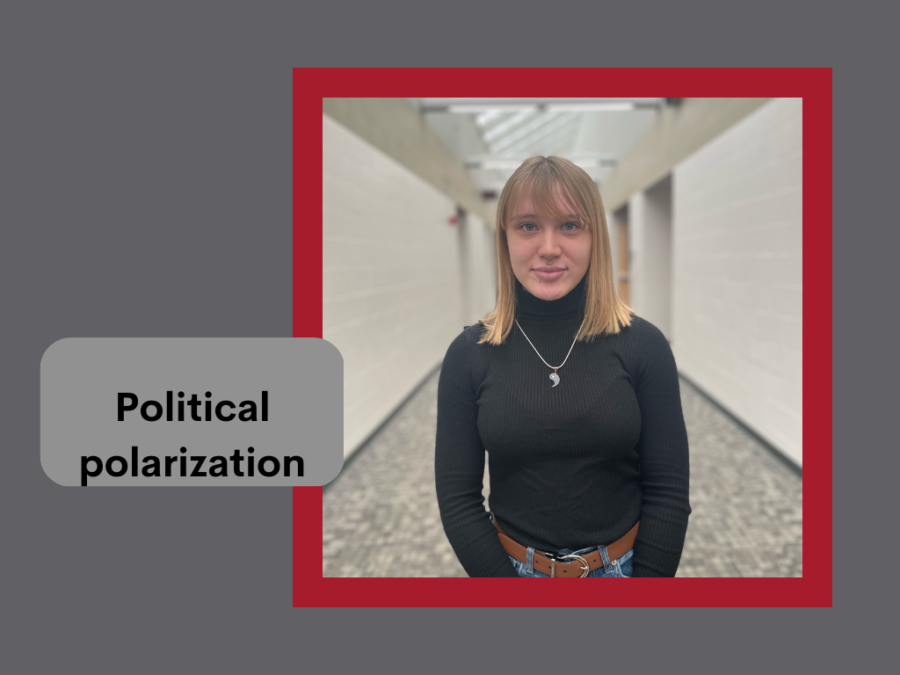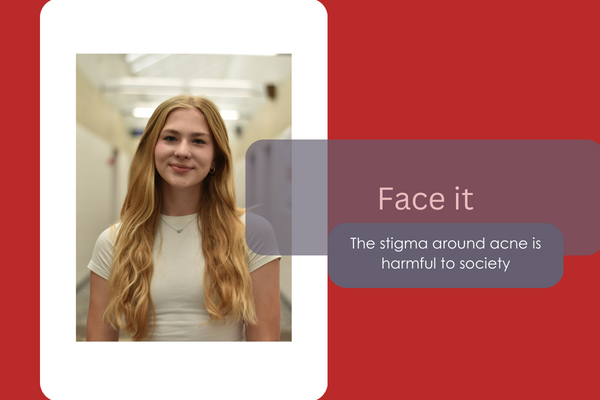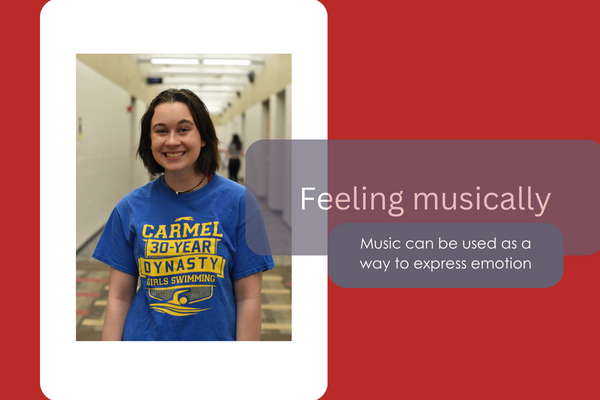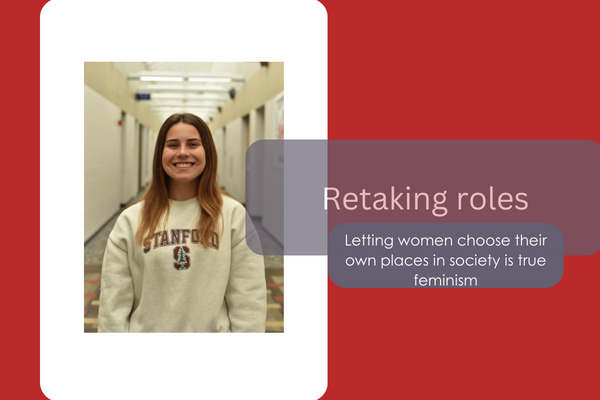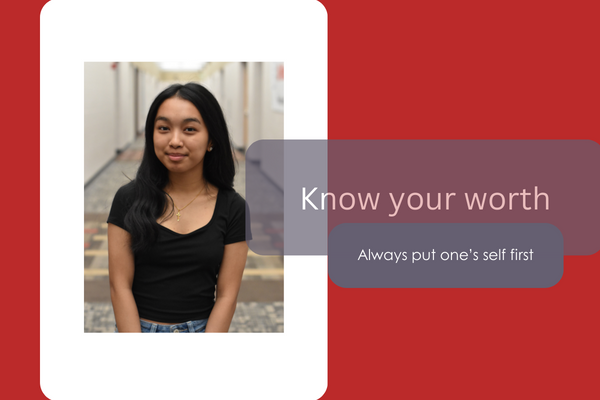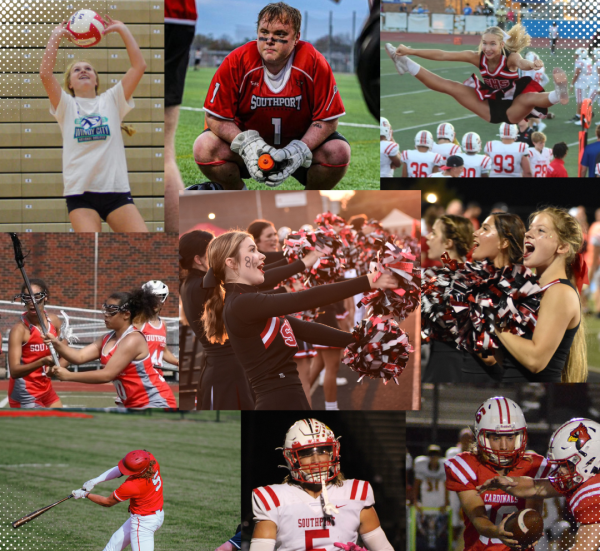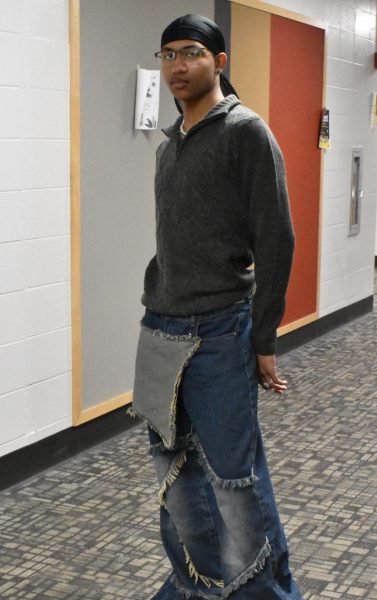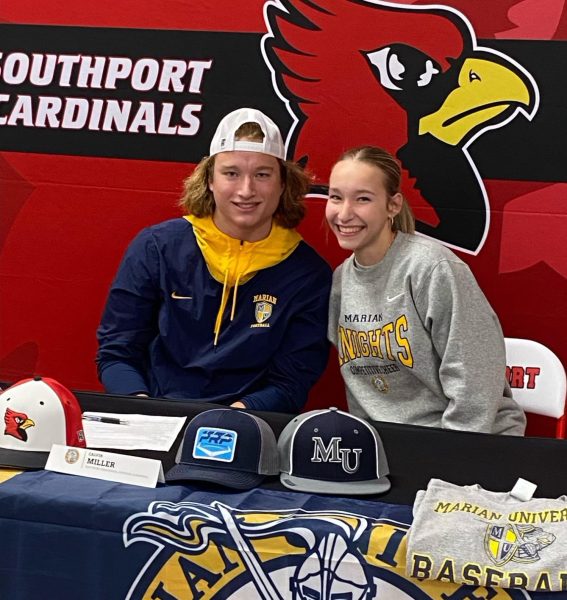Political polarization
Students shouldn’t judge others based on political views
In recent days, political polarization is everywhere and, through social media, it’s all amplified. Political polarization is where parties in politics don’t have a lot of middle ground or agreement. Due to personal attachment towards a specific political party or issue, people lose the ability to understand the opposing side, let alone the ability to coexist with each other. This is where education comes to play, a force that can help prevent the growing issue of political polarization.
SHS has various political affiliations which often come into conflict in classes such as government, economics, U.S. History, world history and even various English courses. These classes promote real interactment with opposing opinions with real-life people. This eliminates the ‘echo chamber effect’ media puts a person in by connecting different opinions in a safe, controlled environment. The ‘echo chamber effect’ is where people only see, hear or consume what they want in media due to the algorithms.
The National Civics League discusses organizations like Civic Genius and It’s Your America and how they are actively fighting against polarized partisan attitudes. Though these groups are more geared towards voting adults struggling with adversities, one can see a direct parallel to SHS’s education system. The biggest solutions in these organizations are education and interaction with various political views, which SHS encourages and provides.
To summarize, a student does not know everyone’s political affiliation before they get to meet them as they can on social media. Instead, a student makes friends regardless of politics and learns that everyone has different opinions, but their opinions don’t make them a bad person. So, a solution to such a big problem like this can be as simple as having some understanding while talking to your seatmate.

Hello, my name is Guinevere Rugenstein, but everyone calls me Guin. I am an artist on The Journal staff this year! I’m a senior this year, and I’m...


